Etiquette to Know Before Entering a Japanese Onsen
当サイトは広告が表示される場合がございます。
2024年04月21日/お知らせ & コラム、スキンケア、UVカット製品
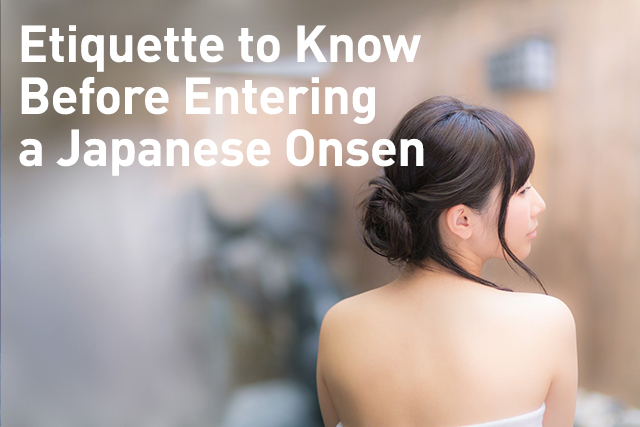
Japanese onsen, with their rich natural minerals and comforting warmth, offer numerous benefits for both skin and health. The minerals and trace elements found in onsen waters are known to promote skin metabolism and improve circulation. Immersing oneself in these baths is said to alleviate stress and fatigue, leaving both mind and body refreshed.
Moreover, the sulfur and sulfate compounds present in onsen waters help maintain skin hydration and even out skin tone. There are reports suggesting that onsen bathing can alleviate symptoms of skin conditions such as atopic dermatitis and eczema.
Furthermore, the minerals and the therapeutic effects of onsen bathing are believed to alleviate symptoms of chronic conditions such as arthritis, muscle pain, and rheumatism. Soaking in the bath can relax the body, easing chronic pain and tension.
Japanese onsen not only warm the body but also balance the mind and body, supporting healthy living and beautiful skin. They truly are nature's gift to us.
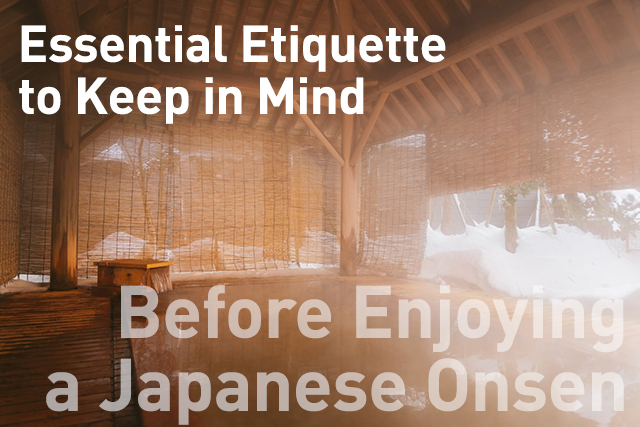
Before Enjoying a Japanese Onsen: Essential Etiquette to Keep in Mind
Welcome to the tranquil world of Japanese onsen, where centuries of tradition meet relaxation and rejuvenation. Before you immerse yourself in the soothing waters, it's essential to understand and respect the etiquette that accompanies this cultural experience. Whether it's your first time or you're a seasoned visitor, adhering to these guidelines ensures a harmonious and respectful atmosphere for all guests. Let's explore the essential onsen etiquette together before you embark on your serene journey.
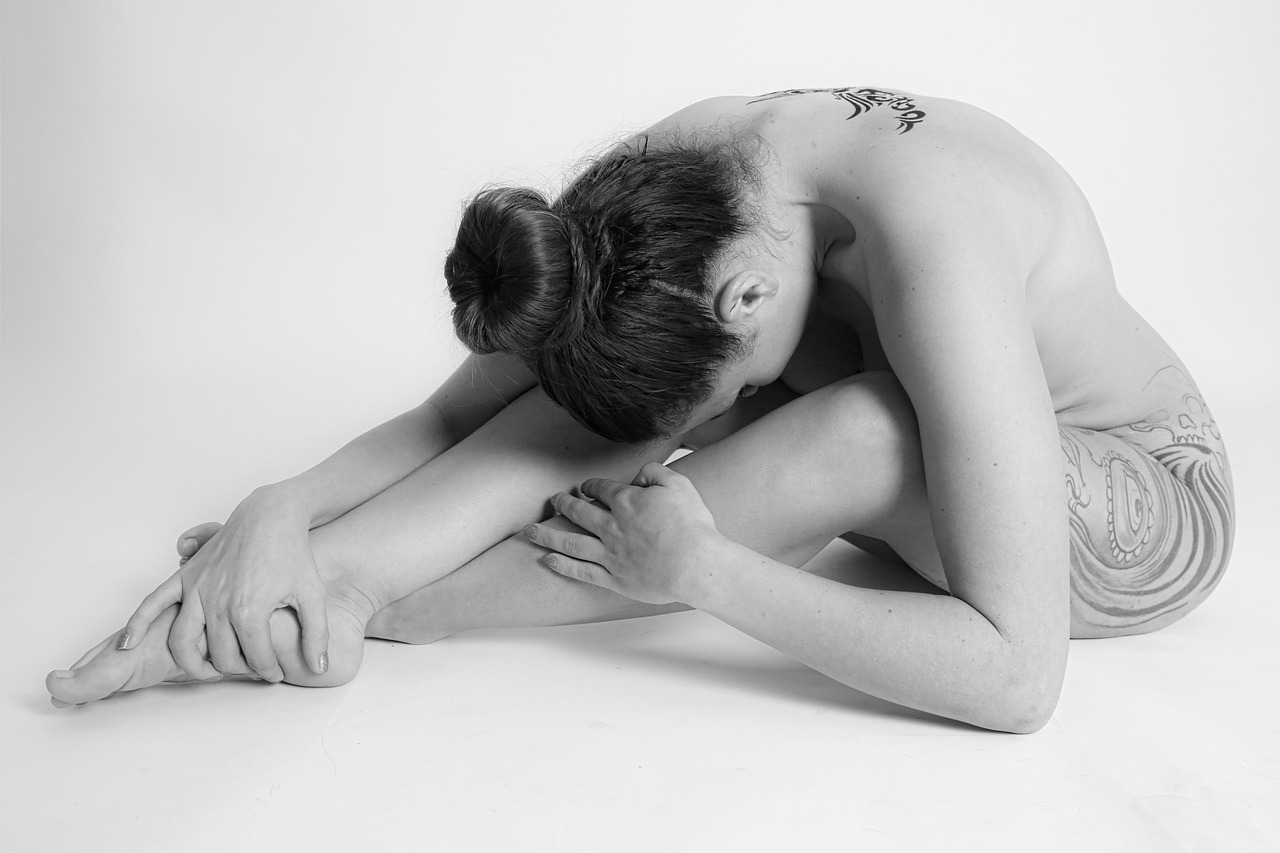
Tattoo Policy
In Japan, many onsen (hot spring) facilities have rules regarding tattoos. Traditionally, tattoos have been associated with the yakuza (Japanese organized crime), so some establishments may prohibit entry to those with visible tattoos. However, attitudes are changing, and some places now allow tattoos if they can be covered with adhesive bandages or special stickers. It's advisable to check the specific rules of the onsen you plan to visit regarding tattoos.
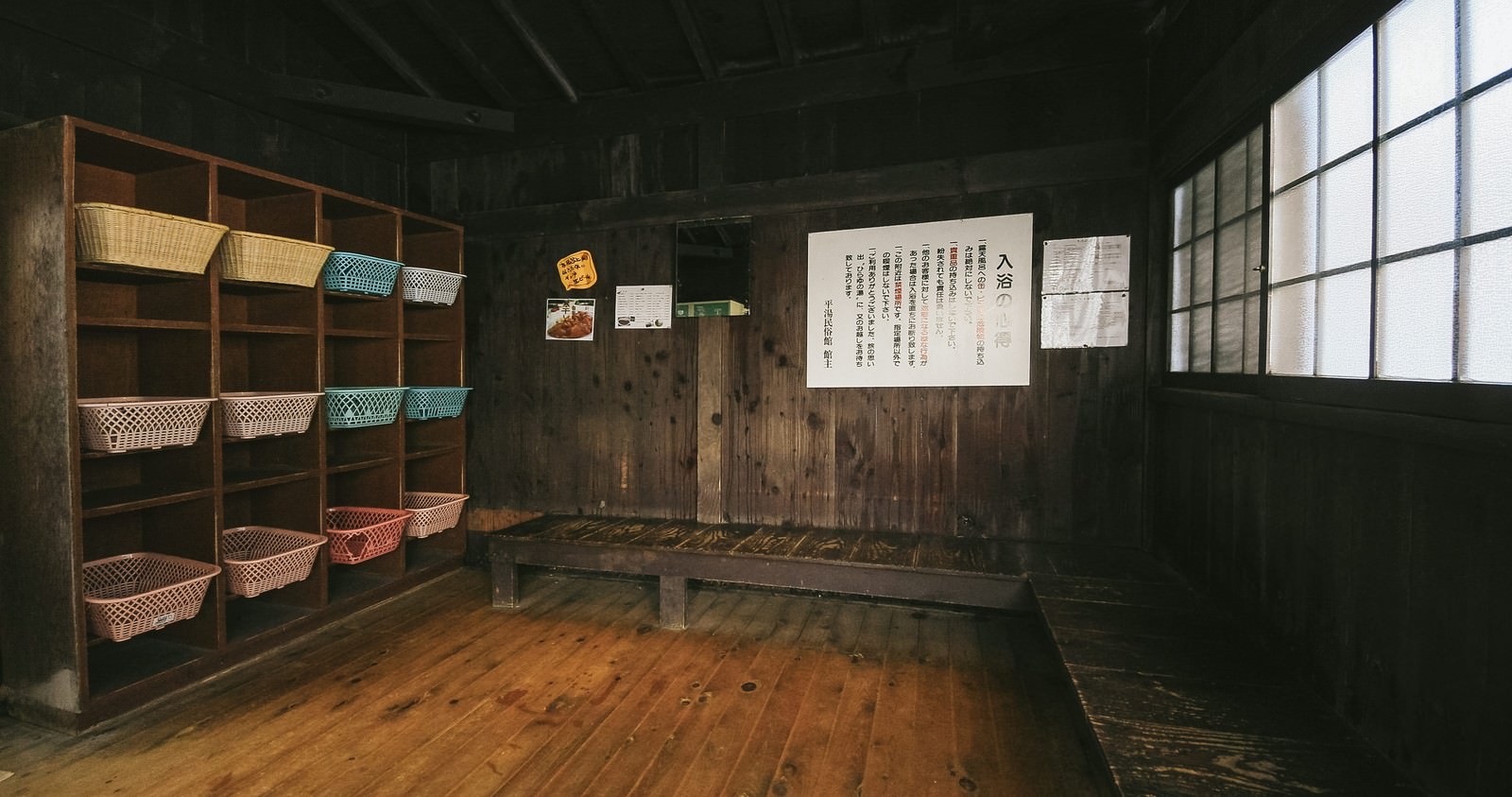
Changing Room Etiquette
When entering the changing room, remove your shoes and place them in the designated area. Once inside, find an available locker for your belongings. It's customary to bring a small towel to use while in the onsen, so be sure to have one with you. Before proceeding to the bathing area, completely disrobe and store your clothing in the locker.
Respect for Privacy
While disrobing in the changing area, be mindful of other guests and ensure that your clothing is neatly stored away, so as not to obstruct walkways or offend others.
Mobile Phone Etiquette
To maintain a serene atmosphere, refrain from using your mobile phone in the onsen area. Respect the tranquility of the environment and focus on relaxation.
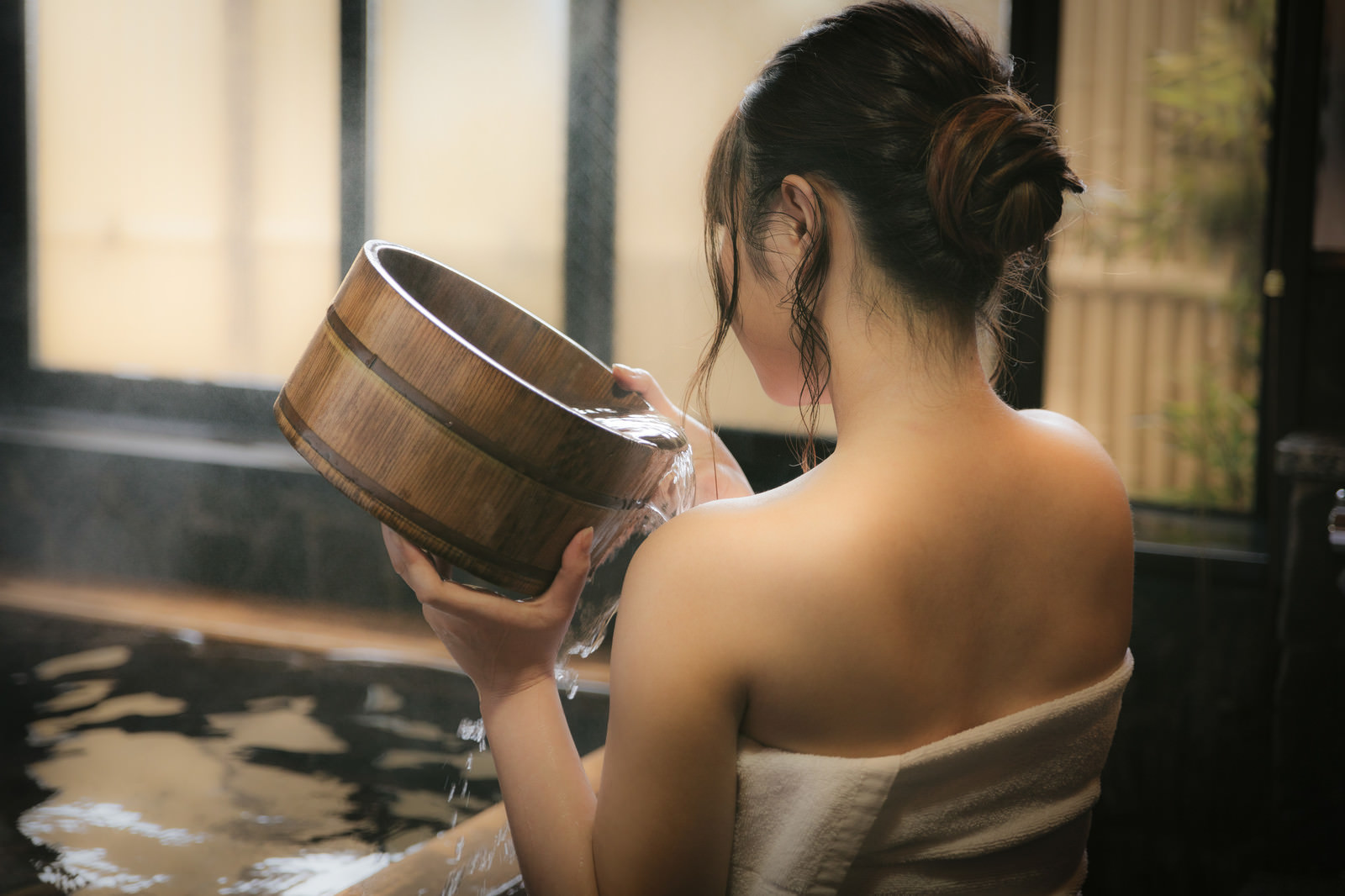
Pre-bathing Ritual (Kakeyu)
Before entering the communal baths, it's customary to wash your body thoroughly. Use the showers or faucets provided to rinse off any dirt or oils. This practice, known as "kakeyu," ensures that you enter the bath clean and hygienic.
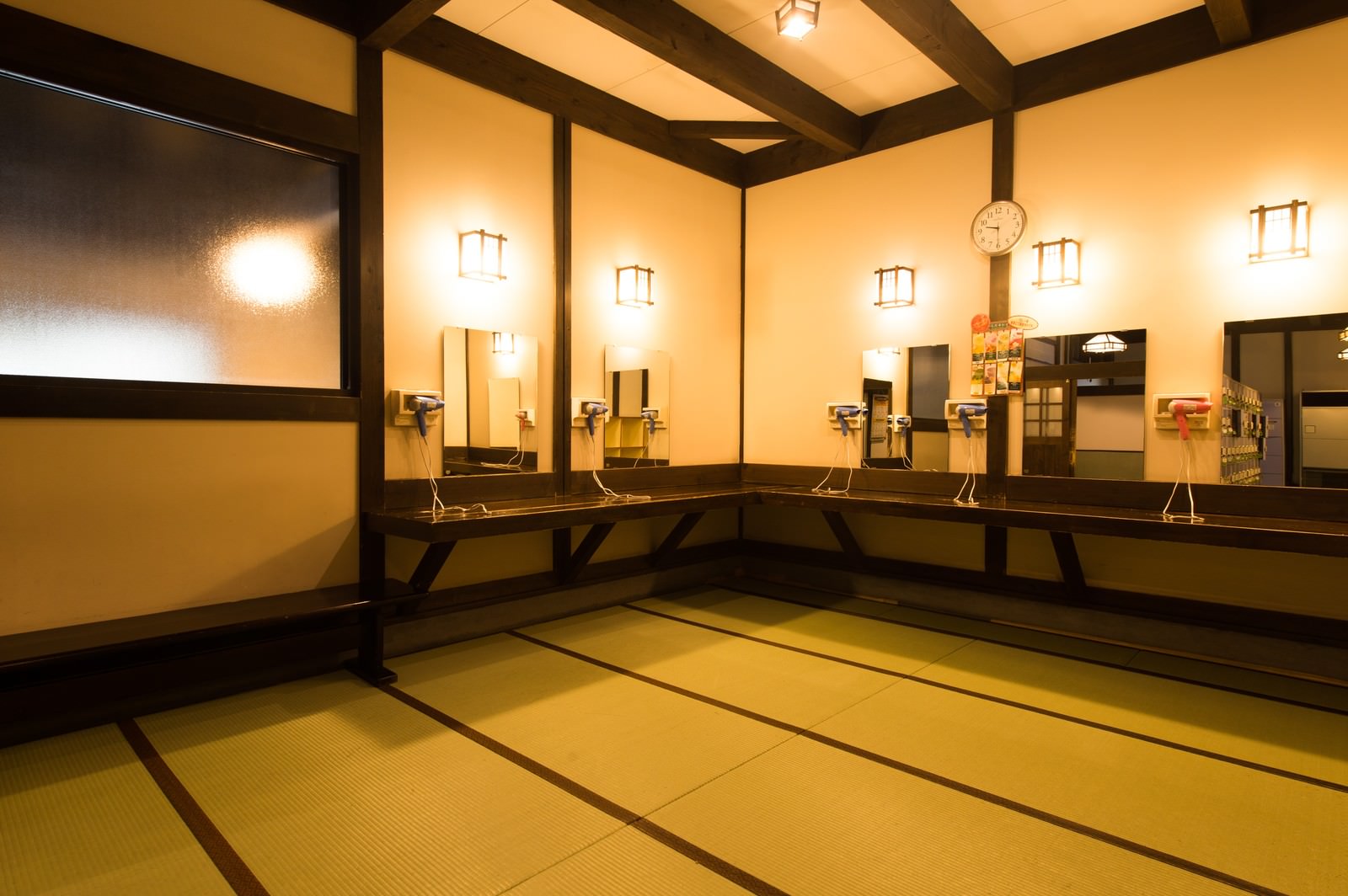
Hair Management
Tie up your hair neatly to prevent it from entering the hot spring water. Loose hair can be a source of contamination, so it's essential to keep it secured during your soak.
No Swimming or Playing
Unlike swimming pools, onsen are meant for relaxation rather than exercise or play. Avoid splashing or engaging in any vigorous activities that may disturb other guests.
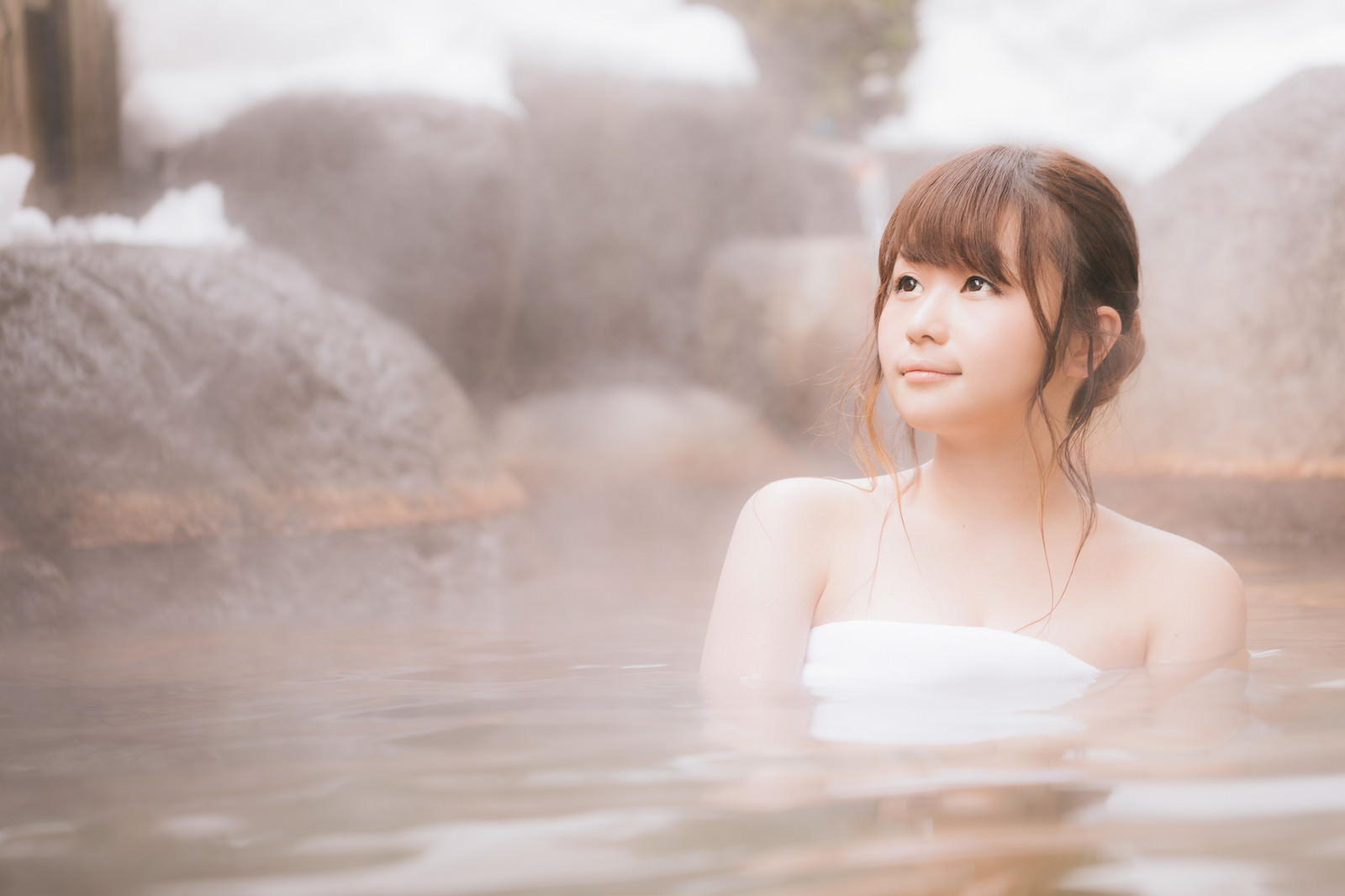
Personal Towel and Seat Etiquette
Carry your own towel with you at all times, and avoid leaving it unattended to reserve a seat. Onsen etiquette emphasizes fairness and consideration for others, so refrain from saving spots for yourself or others.
No Towels in the Bath
Never bring your towel into the communal bath. Leave it outside the bathing area or place it on the side of the bath while you soak. Placing towels in the water is considered unhygienic.
No Eating or Drinking in Bathing Area
Eating or drinking in the bathing area is discouraged. The onsen is a place for relaxation and purification, and food and beverages can detract from the serene atmosphere and cleanliness.
Consideration in Shower Area
When using the showers, be mindful of other guests around you. Maintain a respectful distance and avoid splashing water onto others.
Cleaning After Shower
After showering, make sure to rinse off any shampoo or soap thoroughly. Check for any remaining suds or hair strands and tidy up the shower area for the next person's use.
Cooling Down After Bathing
After enjoying the hot spring bath, it's customary to cool down gradually. Take breaks outside the bath and drink plenty of water to prevent dehydration.
Thorough Drying with Towel & Mats
Once you've finished bathing, use your towel and any provided mats to dry yourself thoroughly. Pay special attention to areas between fingers and toes to prevent moisture-related skin issues.
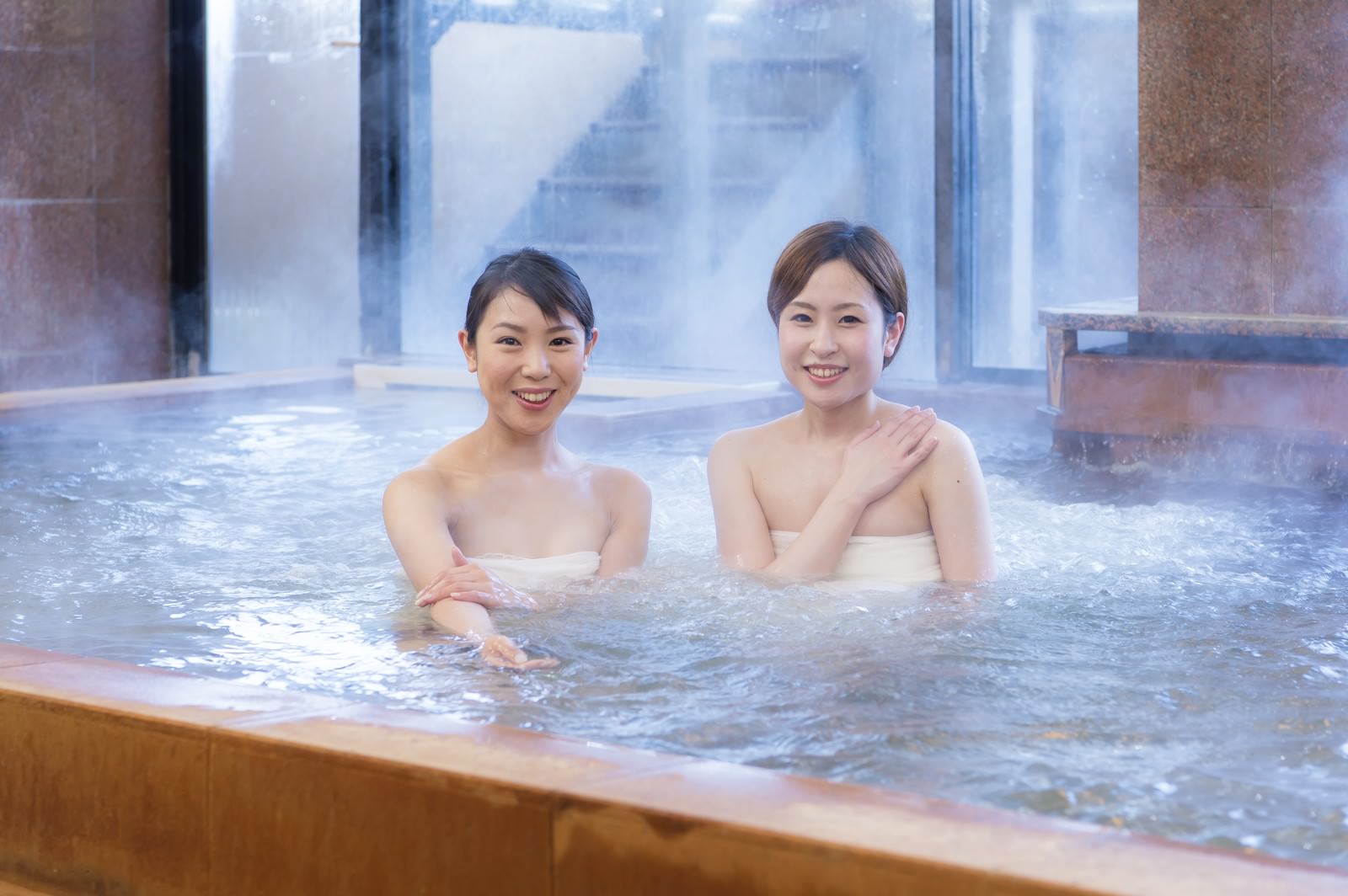
Leaving No Trace
Before leaving the bathing area, ensure that you clean up after yourself. Dispose of any trash properly and leave the facilities as clean as you found them, respecting the environment and other guests.
In Conclusion: Embrace the Healing Power of Japanese Onsen
Japanese onsen, steeped in tradition and brimming with natural benefits, offer a sanctuary for both body and soul. From promoting skin health to easing chronic ailments, these tranquil waters hold the key to a rejuvenated self. As you embark on your journey to wellness, let the soothing embrace of the onsen remind you of nature's boundless gifts. Soak in the warmth, breathe in the serenity, and emerge refreshed, ready to embrace life's adventures anew.
